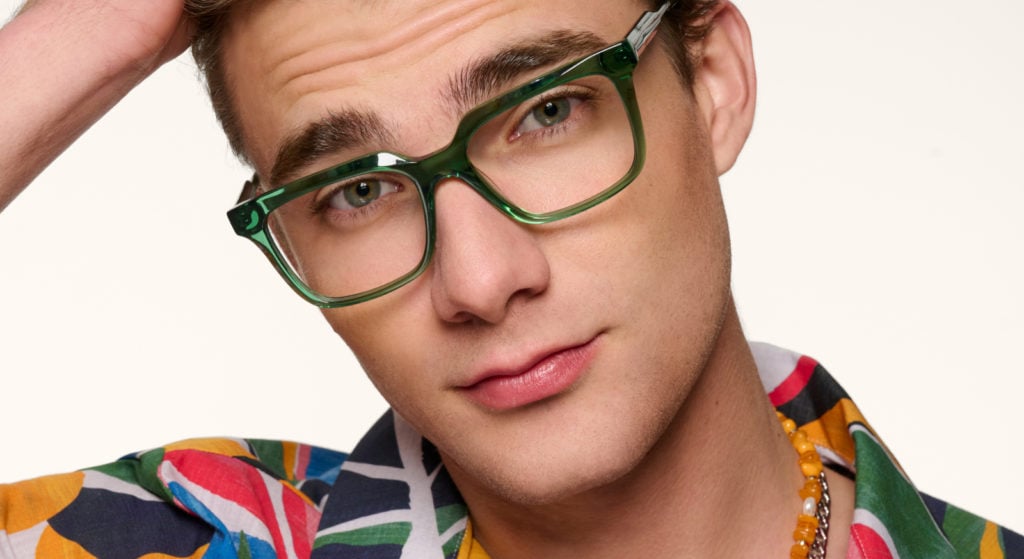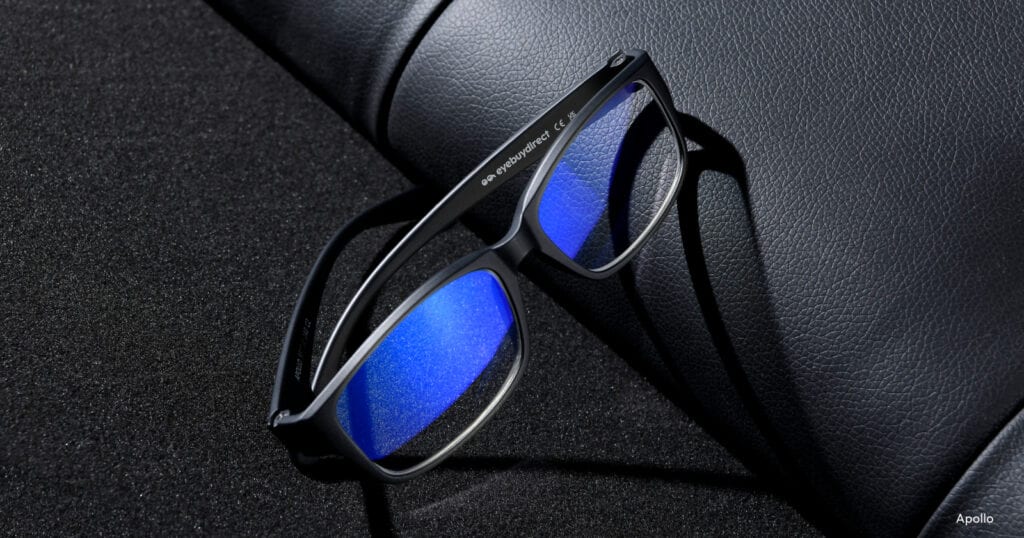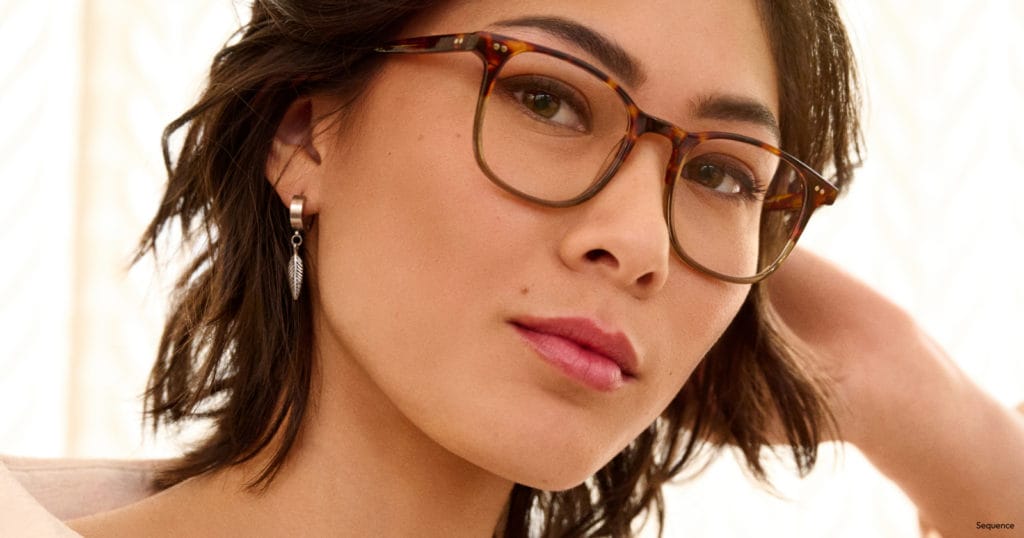Reviewed by Sonia Kelley, OD, MS on October 18, 2024
Alcohol is a commonly consumed substance, but its effects on the body extend far beyond the well-known impacts on the liver and brain. Among the various organs alcohol can affect, the eyes are often overlooked.
From short-term vision impairments to potential long-term damage, alcohol can influence your eyesight. Below, we explore how drinking affects eyesight and why it leads to certain symptoms.
How Drinking Affects Eyesight
Alcohol is a depressant, meaning it slows down brain function. This can impair your ability to process visual information. It also causes a series of other physical and chemical changes in your body. Many of these changes have a negative effect on your vision, as well.
After drinking, you may notice blurred vision, difficulty focusing, and slower reaction times. These are all caused by how alcohol interferes with your brain’s coordination and ability to communicate with the eyes.
Alcohol can also disrupt the muscles that control eye movement. This makes it harder for your eyes to track objects. It’s why your vision may feel “wobbly” or out of focus after a few drinks. It’s also why law enforcement officers assess eye coordination and eye movement if a driver is suspected of driving under the influence.
Other alcohol eye symptoms include:
- Red or bloodshot eyes
- Eye dryness
- Decreased eye muscle control
- Reduced peripheral vision
- Increased eye twitching
- Minimized contrast perception
- Increased light sensitivity
- Slowed pupillary reaction
Do Your Pupils Dilate When You Drink?
Yes, alcohol can cause your pupils to dilate. The sympathetic nervous system controls pupil dilation, and the parasympathetic nervous system controls pupil constriction. Some studies suggest that alcohol consumption boosts sympathetic system activity.
As a result, your pupils when drunk may become larger than normal. Dilated pupils make it harder for your eyes to adjust to light, which can cause light sensitivity after drinking. This is one of the reasons why many people choose to wear sunglasses the next morning.
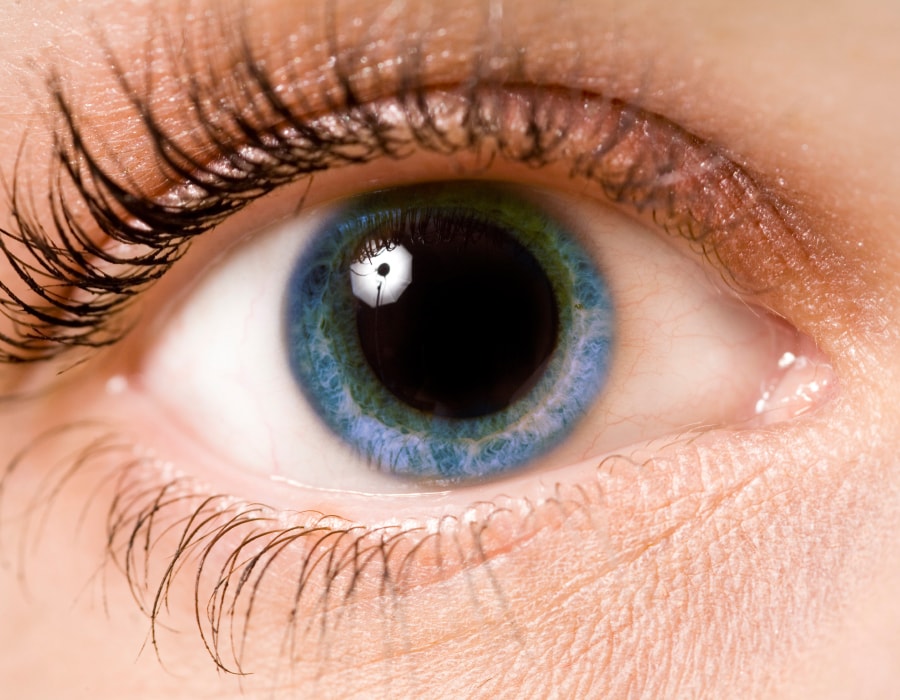
Pupil dilation is a temporary effect of drinking alcohol. Your pupils typically return to normal after the alcohol leaves your system.
Why Do My Eyes Get Red When I Drink?
Bloodshot eyes are another common symptom of alcohol use. When you drink, alcohol causes the blood vessels in your eyes to expand — a reaction called vasodilation. It allows more blood to flow into the small vessels in the eyes, which is why your eyes get red when you drink. Vasodilation is also why some experience facial redness or heat when drinking alcohol.
In some cases, excessive drinking can also lead to dry eyes. Eye dryness can then make redness and discomfort worse.
What Does Alcohol Do to Your Peripheral Vision?
Alcohol consumption affects many aspects of vision, and peripheral vision is no exception. Peripheral vision refers to the ability to see objects outside of your direct line of sight. It’s crucial for spatial awareness and tasks like driving and walking.
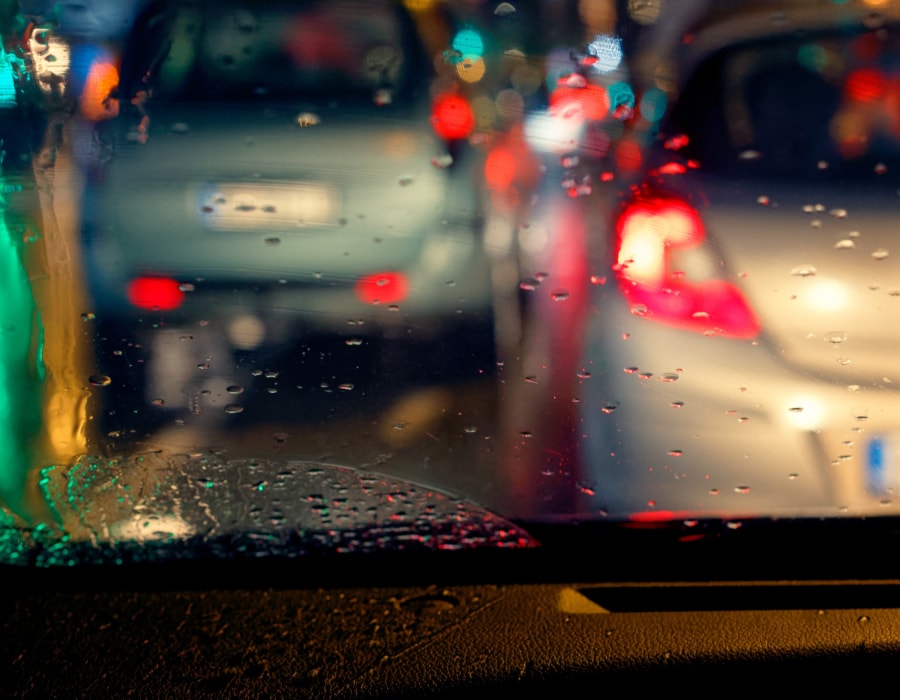
Drinking alcohol may decrease your sensitivity to what’s happening in your peripheral vision. This can make it difficult to see objects or motion on the sides of your vision — an effect known as “tunnel vision.” Tunnel vision can be dangerous, particularly when driving or doing activities that require spatial awareness.
Effects of Alcohol on Eyesight
Moderate drinking may cause only temporary vision issues. But prolonged or heavy drinking can lead to more severe, long-term damage to your eyesight.
One of the most significant risks is the development of optic neuropathy. This is a condition in which the optic nerve is damaged. It can result in reduced visual clarity, color perception, and peripheral vision. In some cases, the damage is irreversible, leading to permanent vision loss.
Chronic alcohol abuse may also increase someone’s risk for cataracts and macular degeneration. Both conditions involve the gradual deterioration of vision over time. Alcohol’s damage to the cells and tissues in the eye can speed them up or make them worse.
Can Alcohol Affect Eyesight Permanently?
Yes, alcohol can affect eyesight permanently, especially with prolonged abuse.
Besides the conditions mentioned above, chronic alcohol use can lead to vitamin deficiencies. In particular, it can lead to thiamine deficiency. Also called vitamin B1, thiamine is important for preserving healthy vision. A severe deficiency can result in Wernicke’s encephalopathy. This is a condition that affects both the brain and eyes, leading to significant vision problems.
The alcohol eye effects are temporary for people who only drink occasionally and in moderation. Once the alcohol metabolizes and leaves the body, symptoms resolve on their own.
Can an Eye Exam Detect Alcoholism?
Chronic alcohol abuse can cause damage to the eyes, such as blood-vessel and nerve damage. These may be detectable during an eye exam, but the exam can’t directly diagnose alcoholism.
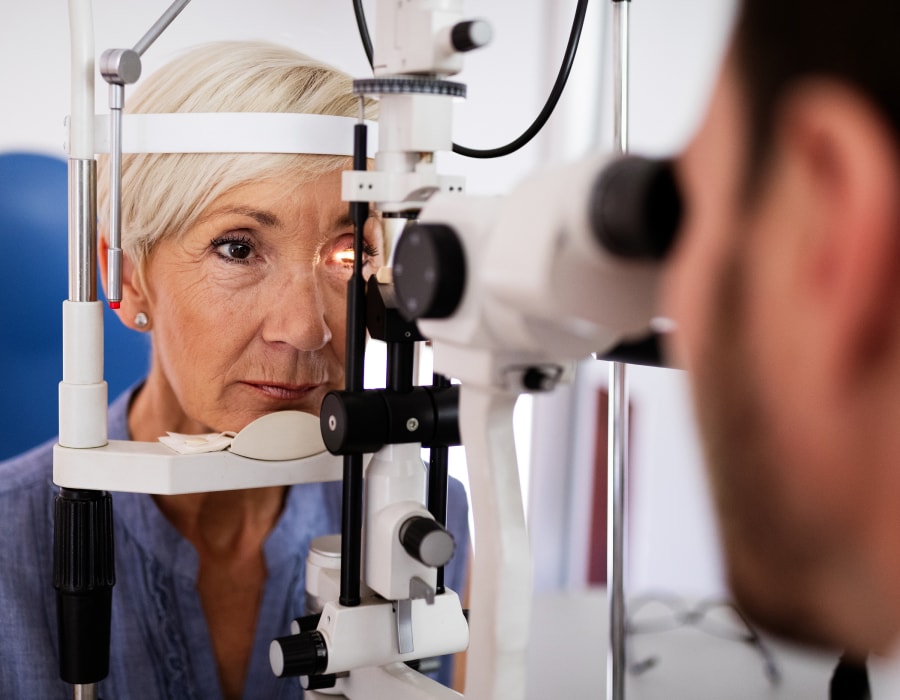
If you’re concerned about the effects of alcohol on your vision or health, it’s important to speak openly with both your eye doctor and healthcare provider.


